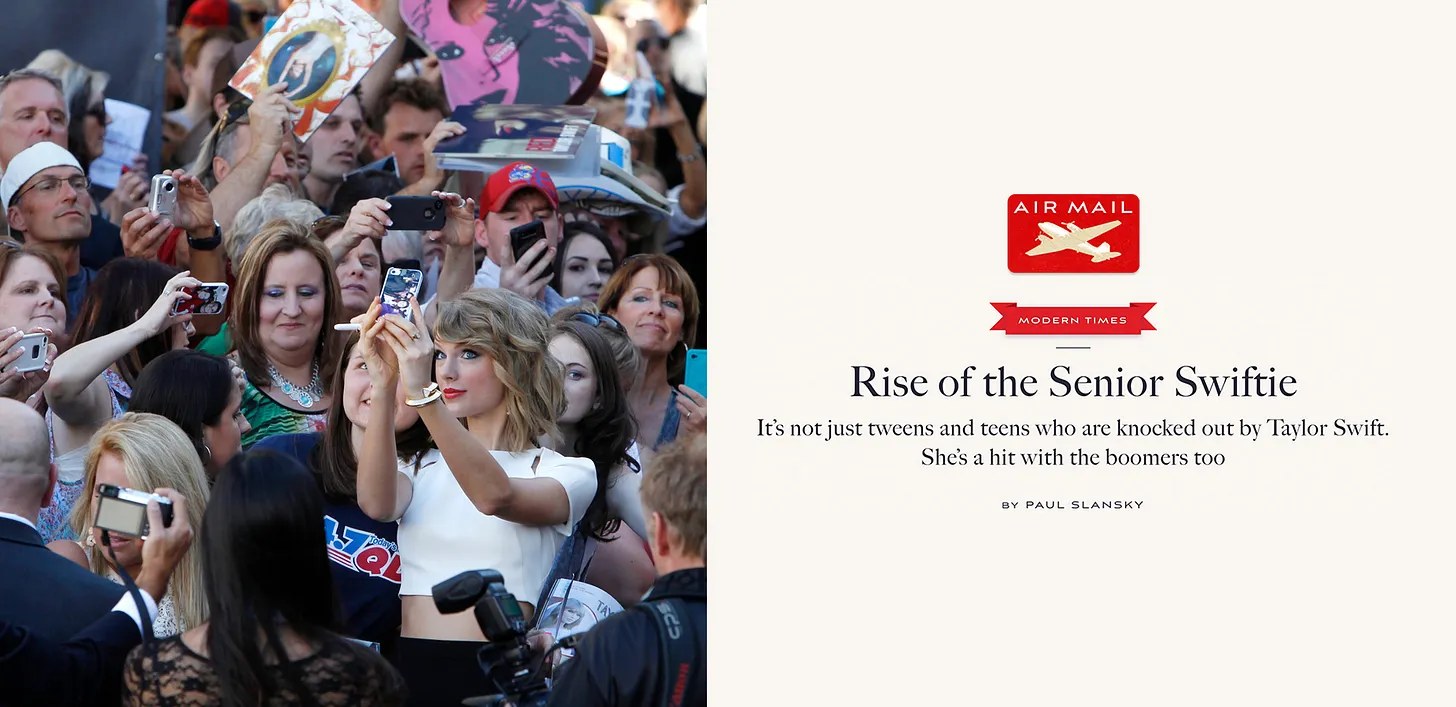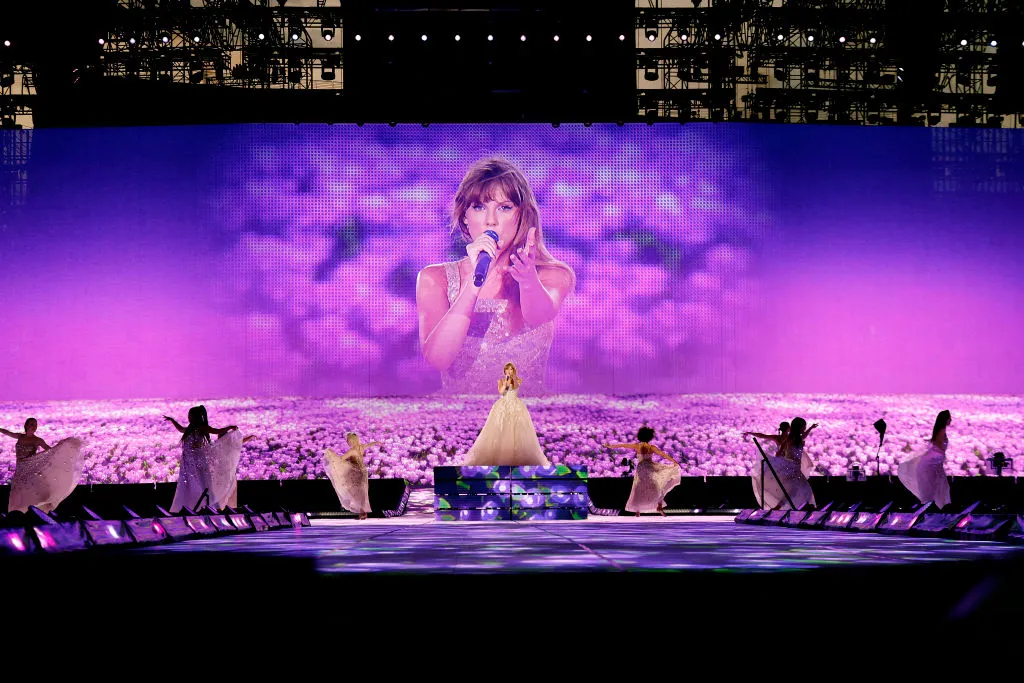Mrs. S couldn’t talk but she sure could sing. I met her when I was an intern on the Neurology service. She had suffered a stroke that destroyed critical speech pathways on the left side of the brain. The cerebrovascular accident had left her literally speechless but that didn’t stop her from belting out “Happy Birthday.”
This is not news to neurologists. For over a century, this phenomenon has been observed in post-stroke patients with left-sided brain damage. What is new, however, is the finding that “singing therapy” can help some of these patients learn to speak again. By training the undamaged brain regions involved with singing, language can be restored.
1. Music makes us happy
When we listen to our favorite songs, dopamine is released by two distinct areas of the brain—one involved with intense pleasure and the other involved with anticipation. This combination may explain why people love music so much. Even sad music has been shown to help people feel better.
2. Music puts us in synch with others
“When people get together and hear the same music—such as in a concert hall—it tends to make their brains synch up in rhythmic ways, including a shared emotional experience” explains Ed Large, a music psychologist at the University of Connecticut.
3. Music facilitates emotional time travel
If asked to describe a memory from high school, you could easily recount a moment in time but if you listened to a song from that period, it would emotionally transport you back to what you were feeling and doing.
4. Music is a performance-enhancing drug
Listening to stimulating music can help you get in the zone and boost peak performance.
5. Music dampens the stress response
Let’s dig deeper…
Why do some songs sing to us and others fall flat? According to a study published in Psychological Science, songs that make us think of someone in our own lives are the ones that resonate most deeply. The secret sauce of the songs we love the most is that they encourage “narrative transportation” — but rather than transporting us out of our own lives, the lyrics activate thoughts of someone in our own life. It comes as no surprise that the study found that we prefer songs that use more second person pronouns like “you” and “yours.”
So when Whitney Houston sings, “I will always love you” or Hall and Oates croons “Your kiss is on my list,” the listener knows that the singers are not directly addressing them. (It’s disappointing but I’ve come to accept that Whitney will not always love me and that my kiss is was not on Daryl Hall’s list.) Instead, these songs are inviting us to slip into the performer’s shoes and to think of someone—our own personal “you”—whose kiss is on our list or who we will always love. Along these lines, when Taylor Swift sings “You showed me colors you know I can’t see with anyone else” and “I’ve loved you three summers now, honey, but I want ‘em all,” she is inviting us to think of a special someone. Of course, it is not only warm and fuzzy feelings about others that these songs activate. Sadness, sentimentality and empowerment are also on offer in these “other-oriented” songs. When Taylor belts our “We are never ever getting back together,” surely a not-so-special someone pops into your head. Whatever she sings, it is music to my ears.
As a general rule, as people get older they stop keeping up with popular music. “Taste freeze” apparently locks in around 33 years old. As an informal online study concluded, “for the average listener, by their mid-30s, their tastes have matured, and they are who they’re going to be.”
Not so fast. It is thanks to Taylor Swift that my “taste freeze” has melted away. Folklore was the game changer. Ever since I have become a card carrying Swiftie. Indeed it is because of Taylor that I got older and wiser. Along with every teenage girl on the planet, I know the words to almost every Taylor Swift song and feel inexplicably personally connected to her. Her songs may be about her life but they feel like they are about my life as well. From Lover to Mastermind, I feel the power and the pain. My obsession with Taylor was under wraps until I read the article in Air Mail, Rise of the Senior Swiftie: It’s not just tweens and teens who are knocked out by Taylor Swift. She’s a hit with boomers too.

While not quite a boomer, it was still a relief to learn that I am not alone in my (anti) hero worship. According to the article, attorney general Merrick Garland is a proud Swiftie. So is Shakespeare scholar, Jonathan Bate, who describes Taylor as a “literary giant.”
A New York City-based psychiatrist recently wrote an op-ed about how Taylor Swift has rocked her practice:
“What would Taylor Swift do?” is a refrain among certain patients in my practice. Teenagers suffer for many reasons. One is being fragile and in formation—a human construction site. Another is being surrounded by others who are fragile and in formation. Ms. Swift articulates not only the treachery of bullying but also the cruelty just shy of it that is even more pervasive: meanness, exclusion, intermittent ghosting. She says: Borrow my strength; embrace your pain; make something beautiful with it—and then you can shake it off.
I have always believed that well-being is a verb and that we are all in the process of becoming. Of course, Taylor captures it best. In Dear Reader, she sings “Desert all your past lives and if you don’t recognize yourself that means you did it right.” I am filled with immense gratitude to Taylor for reminding me to feast on auditory cheesecake.
I wish you all the best,
Dr. Samantha Boardman






